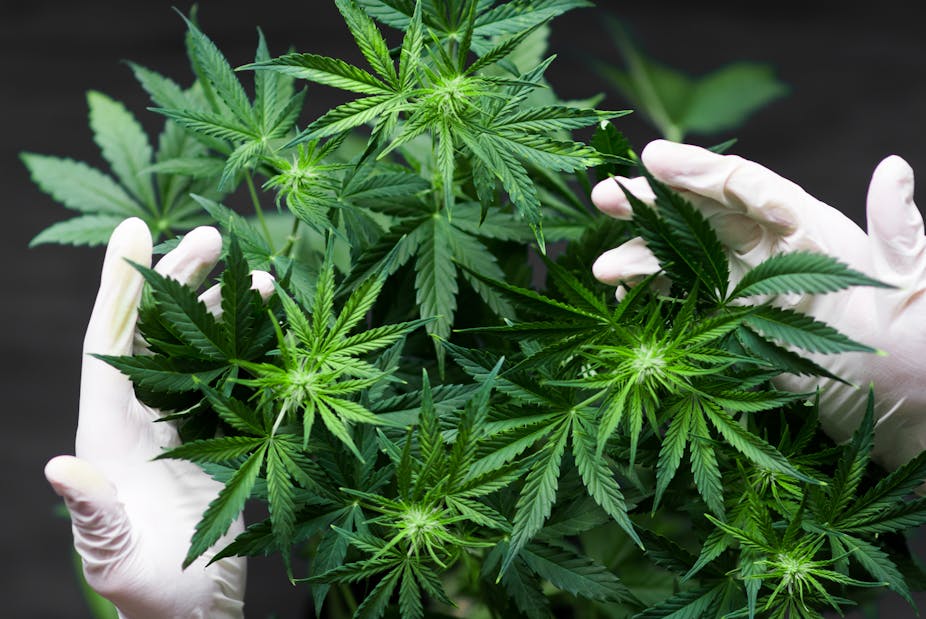
Elizabeth Hughes receives funding from National Institute for Health Research.
Ian Hamilton ne travaille pas, ne conseille pas, ne possède pas de parts, ne reçoit pas de fonds d'une organisation qui pourrait tirer profit de cet article, et n'a déclaré aucune autre affiliation que son organisme de recherche.
University of Leeds apporte des fonds en tant que membre fondateur de The Conversation UK.
University of York apporte un financement en tant que membre adhérent de The Conversation UK.
Voir les partenaires de The Conversation France

Cannabis use has long been associated with memory loss. But until now, this notion was largely anecdotal. As researchers begin to look into cannabis and the effect that it has on human health, they’re beginning to better understand the effect it has on the human brain – and whether cannabis really does impair memory.
Memory is divided into both short-term and long-term memory. Short-term memory is where immediate events are temporarily stored, whereas long-term memory is where information is stored indefinitely.
Current evidence shows that cannabis intoxication may temporarily alter or distort short-term memory processing. This seems to be caused by compounds in cannabis that disrupt neural signalling when binding to receptors responsible for memory in the brain. Interrupted short-term memory can indeed impact on learning, and may also cause loss of interest or problems with concentration.

Research shows that young, frequent users of cannabis have thinner temporal and frontal cortices, which are both areas that help process memory functioning. Memory is a critical aid to learning and study – but cannabis doesn’t just effect memory, it can also reduce motivation to learn. This dual influence reduces a young person’s engagement in education and their ability to perform.
However, using cannabis later in life (age 50 and over) appears to have only a moderate impact on cognitive functioning, including on memory. These modest declines are not fully understood, and there is a lack of high quality research in this area. That will need to change as it’s not just young people that use cannabis. As more countries legalise cannabis, older people might also want to try it.
While there is likely to be no great harm to a person’s memory if they experiment with cannabis, current research seems to agree that the more frequent the use, the greater the risk. Though there is still a lot that researchers don’t yet know about cannabis use on memory, current evidence suggests that any memory impairment can be reversed if a person abstains from use.